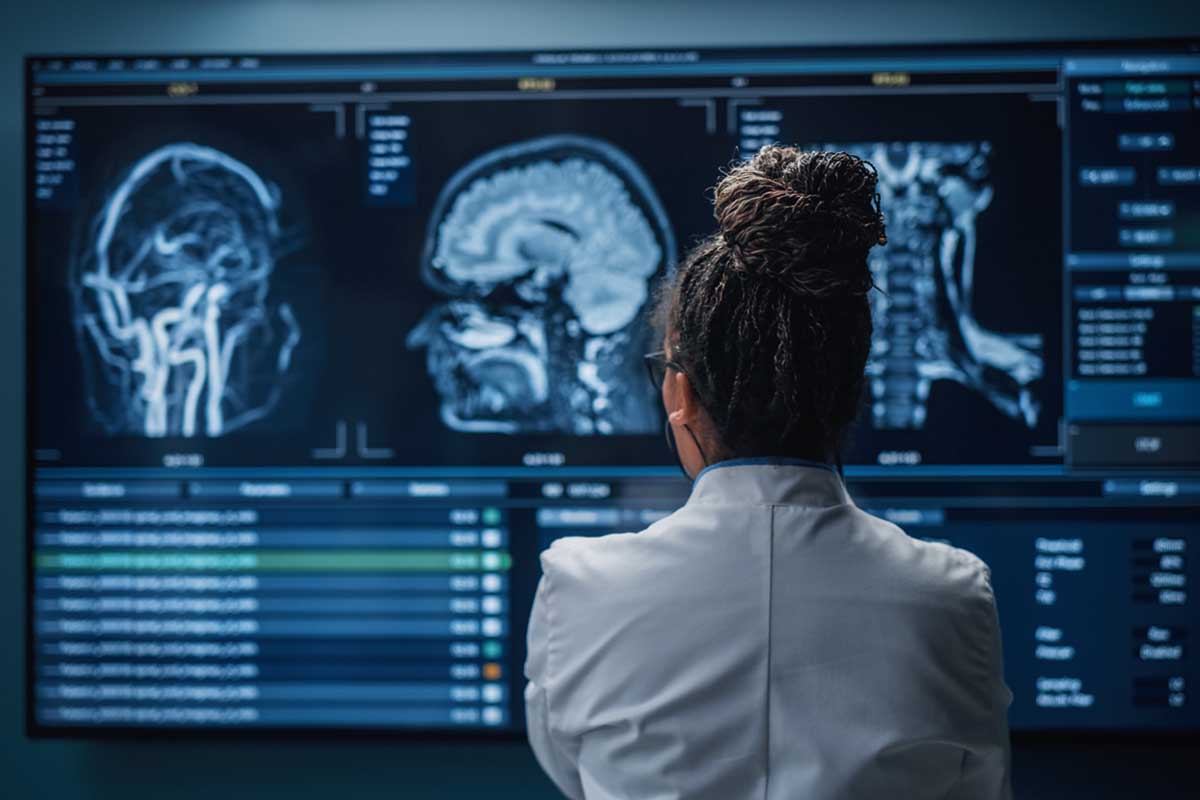Prim Care Companion CNS Disord 2023;25(2):22lr03478
To cite: Mungmunpuntipantip R, Wiwanitkit V. Neuropsychiatric manifestations of Mpox. Prim Care Companion CNS Disord. 2023;25(2):22lr03478.
To share: https://doi.org/10.4088/PCC.22lr03478
© 2023 Physicians Postgraduate Press, Inc.
aPrivate Practice, Bangkok, Thailand
bJoseph Ayobabalola University, Ikeji-Arakeji, Nigeria
cDr. D. Y. Patil Medical College, Dr. D. Y. Patil Vidyapeeth, Pune, India
*Corresponding author: Rujittika Mungmunpuntipantip, PhD, RVT Medical Center, Bangkok, 10440 Thailand ([email protected]).
See brief report by Mittal et al.
Letter to the Editor: We would like to share ideas regarding the brief report “Neuropsychiatric Manifestations of Mpox (monkeypox) Virus Amidst a Global Outbreak” published in a previous issue of the PCC.1 According to Mittal and colleagues,1 clinicians should be aware that neuropsychiatric signs of Mpox virus infection can be crippling given the recent worldwide spike in confirmed instances of the virus. Headache, weakness, weariness, anxiety, depression, and exacerbation of previous mental symptoms are examples of neuropsychiatric symptoms.1 According to the authors, more research is required to determine the incidence of psychiatric problems linked to this viral infection.
It is possible to have an unusual clinical consideration, such as a neurologic issue.2 An important clinical factor in patients with Mpox is the clinical presentation, as there could be more than one illness sign. A diagnosis may be difficult, since there are occasionally asymptomatic or mildly symptomatic patients with no fever and covert skin lesions.2 The infection may coexist with another prevalent issue, and if neither condition is recognized, the coinfection may go unnoticed.3,4 And, finally, the mainstay of diagnosing Mpox is laboratory testing. It should be mentioned that laboratory quality control measures, which are essential for enhancing Mpox laboratory diagnosis, are inadequate.5 Usually, the current surveillance is based on the clinical laboratory results. Due to the danger of inaccurate laboratory results, it is crucial to repeat the test when there is a high probability that the patient has Mpox. The clinical laboratory service for Mpox diagnosis urgently needs a reliable quality management system.5
Ms Mittal and colleagues were shown this letter and declined to comment.
Published online: April 18, 2023.
Relevant financial relationships: None.
Funding/support: None.
References (5)

- Mittal R, Pathak M, Jain A. Neuropsychiatric manifestations of Mpox (monkeypox) virus amidst a global outbreak. Prim Care Companion CNS Disord. 2022;24(6):22br03429. PubMed CrossRef
- Joob B, Wiwanitkit V. Monkeypox: revisit of the old threat and emerging imported cases. Med J DY Patil Vidyapeeth. 2022;15(4):457–459. CrossRef
- Martins-Filho PR, Dorea FCM, Sena LOC, et al. First reports of monkeypox and varicella-zoster virus coinfection in the global human monkeypox outbreak in 2022. Travel Med Infect Dis. 2023;51:102510. PubMed CrossRef
- Prabaker KK, de St Maurice A, Uslan DZ, et al. Case report: symptomatic herpes simplex virus type 2 and monkeypox coinfection in an adult male. Am J Trop Med Hyg. 2022;107(6):1258–1260. PubMed CrossRef
- Niedrig M, Meyer H, Panning M, et al. Follow-up on diagnostic proficiency of laboratories equipped to perform orthopoxvirus detection and quantification by PCR: the second international external quality assurance study. J Clin Microbiol. 2006;44(4):1283–1287. PubMed CrossRef
Please sign in or purchase this PDF for $40.
Save
Cite



